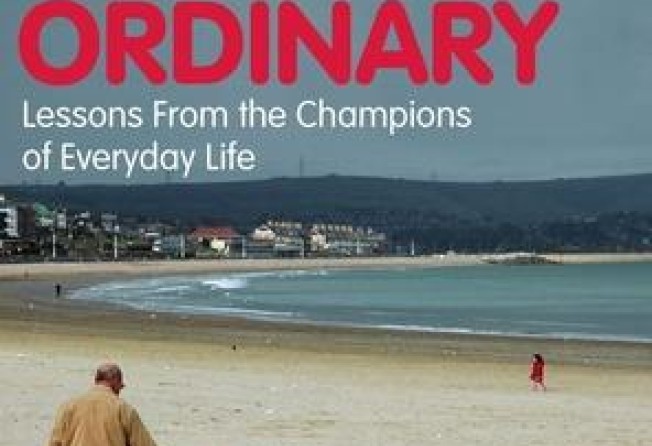Celebrating the glories of the mundane
Insight/Philosophy Embracing the Ordinary: Lessons from the Champions of Everyday Life by Michael Foley Simon & Schuster 3 and a half stars Stuart Jeffries

Embracing the Ordinary: Lessons from the Champions of Everyday Life
by Michael Foley
Simon & Schuster
Stuart Jeffries
Thirty years ago, Michael Foley had an epiphany. As he emerged from jury service, the street outside the court became "illuminated, transfigured, a portal to infinite being".
Freed from job and family for a few wastrel days of coffee drinking, novel reading and justice dispensing, Foley could see grey quotidian as parti-coloured pageant, much as Joyce needed to get to Trieste to savour Dublin, or Proust to hole up in a darkened room to nail the Parisian beau monde.
In recession-chastened Britain, Foley may well have devised a new best-seller format: a how-to book offering a way of escape without leaving prison.
"The crucial thing is to start paying attention now." Like a budget Buddha, Foley counsels mindfulness, attending to the here and now rather than dreaming of the future or fetishising the past. That way we can sacralise the profane, even empathise with estate agents with tragic hairdos.
But Joyce and Proust, on whom Foley spends much time meditating in these pages, are not the only high priests of low life. He hails others: Alice Munro, Walker Evans, Edward Hopper, Georges Perec, David Foster Wallace, Jan Vermeer. He cites the advice of poet Rainer Maria Rilke to a depressed man: "If your daily life seems poor do not blame it; blame yourself, tell yourself that you are not poet enough to call forth its riches."
If there's a problem with Foley's book, it's that it might be seen as an apologia for political quietism. Instead of re-enchanting the quotidian, shouldn't we be hanging with Mark Ruffalo at Occupy or going on the rob with antinomian pre-pubescents? Only if, Foley all but replies, you think Buddhism's critique of human desire and its recommendations of how to elude it are conservative.
Foley includes chapters on the poetry of everyday language, the allure of snobbery, the delights of bunking off and having sex with your spouse on a wet Tuesday afternoon, on the office (including a fine discussion of the pencil) and the home (a superb co-opting of Heidegger's eulogy to the jug).
At the end Foley imagines a Centre for the Appreciation of Everyday Life with him as president, which sounds harrowingly Bottonian.
Guardian News & Media